Perspectives
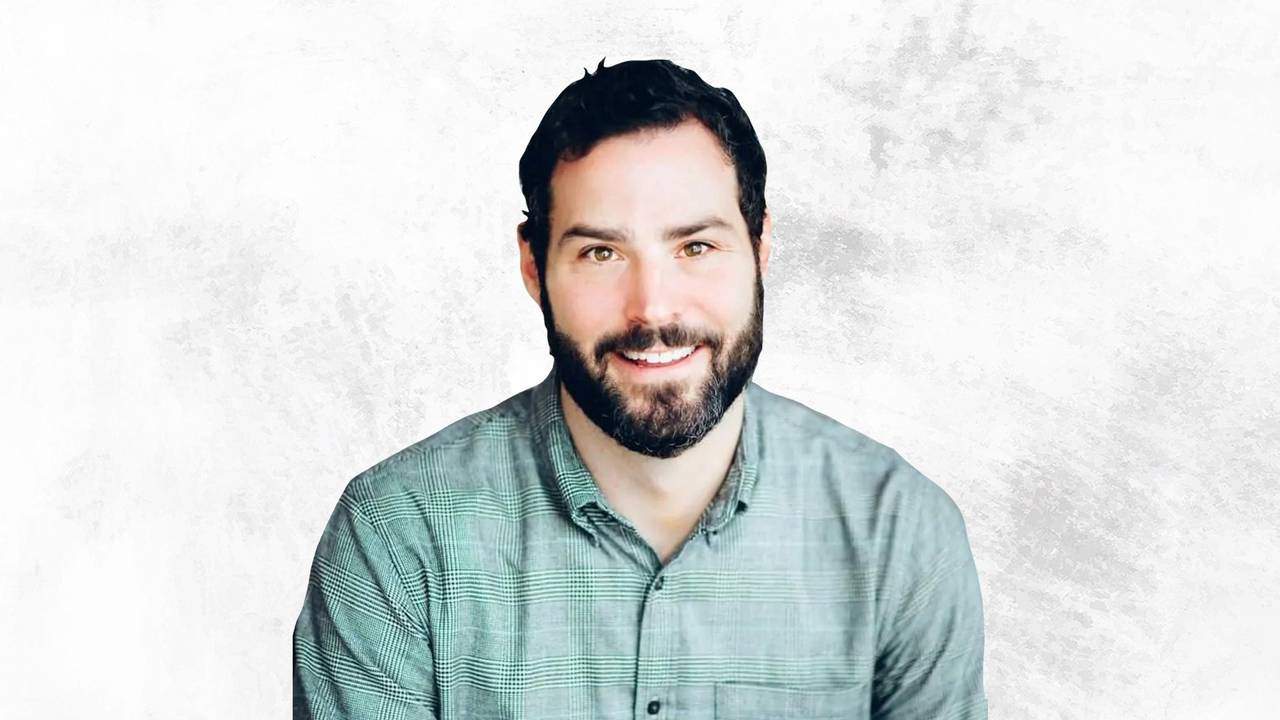
7wireVentures Presents: Top of the Ladder Featuring David Schonthal, 7wireVentures, Operating Partner
David Schonthal has been an entrepreneur, investor, and innovation-leader in the healthcare world for over 20 years. He is an award-winning Professor of Strategy, Innovation & Entrepreneurship at the Kellogg School of Management and the author of the bestselling book, “The Human Element: Overcoming the Resistance That Awaits New Ideas”. In short, he is a man of many hats – all of which work to enrich and inform his role as Operating Partner at 7wireVentures.
In this interview, David shares about the role of theory in building businesses, the forces that prevent innovation, his budding grade school career as the Co-Founder of a shoeshining business, and much more in our latest Top of The Ladder segment.
When you were a child, what did you want to be when you grew up?
Boy – that’s a tricky question. I don’t know that I had a specific career in mind. I just knew that I wanted to be like my dad – and do whatever it was that he did. Turns out, what he did was sell heavy machinery to the coal industry, so in retrospect I am glad I went a different direction!
What was your first job?
My first job was a shoeshining business that I founded with my brother, Ben – the cleverly named “D&B’s ShoeShining”. We must have been about 10 or 11 years old. We had a whole shining operation set up in the basement of our house with equipment my grandfather bought for us. Well, I shouldn’t say “bought” it for us – he made us repay the cost of the equipment with our initial revenue – so I suppose it was really an “advance”. That was a good early lesson in entrepreneurial finance.
What does your morning routine look like?
This question makes me chuckle. Our family is not great about routines. It usually involves everybody waking up a little too late, and then franticly scrambling to get out of the house! The one exception is my daughter Annie, who is very diligent about waking up early and having plenty of time to get organized before she heads off to school. That said, I do avoid scheduling any meetings or calls until both kids have left for school. I travel a ton, so when I am home, I try my best to protect as much family time as possible (even stuff as routine as getting everyone to school in the morning and getting everyone to bed at night).
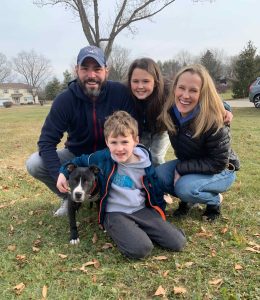
As an award-winning Professor of Strategy, Innovation & Entrepreneurship at the Kellogg School of Management, you have been at the forefront of groundbreaking theoretical frameworks and methodologies. How do you view the importance of theory in the highly hands-on practice of business building?
Well first off, I am flattered that you make me sound so important! I used to naively think that theory was just academic naval gazing and that for entrepreneurship and innovation, application was the only thing that really mattered. What I’ve come to learn is that theory is essential. While application helps us see that things work; theory explains why they work. When we are trying to achieve impact at scale, knowing why things work (or don’t work) is critical. I’ve become a theory convert, and now create theories of my own, like Friction Theory.

In your bestselling book The Human Element: Overcoming the Resistance That Awaits New Ideas, you discuss four key Frictions that stymie the adoption of new ideas and innovations – Inertia, Effort, Reactance, and Emotion. How can digital health entrepreneurs overcome these forces as they work to develop solutions for an industry that has historically been slower to adopt change and innovation? The first step is to be aware that they exist. They are out there, often hiding in plain sight, and unless we spot and remove them, our businesses will fail. We, as innovators and entrepreneurs, spend most of our time and energy designing ideas, offerings, strategies, business models, etc., but we don’t spend nearly enough time designing the introduction of those ideas into the world. Human beings are hard-wired to resist change. However, most new digital health offerings require some degree of change from their users to be successful. The effects of this tension often show up as customers saying they would like a new solution to their problem, but when one is delivered to them, they choose not to engage with it. These are the symptoms of the presence of Friction (Inertia, Effort, Emotion and Reactance). The good news is that once we identify the type of Friction that is causing resistance, removing it can often be straight-forward. The trick is learning how to discover them.
Unless we are thoughtful and strategic about how we introduce our ideas to our intended audience, the very people we are trying to help will say “no”.
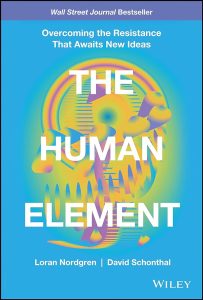
In your work on design thinking, you stress that entrepreneurs must directly observe problems to successfully identify solutions for them. In your more than 20 years of experience in the healthcare space, what aspects of the typical consumer experience have you observed are most often overlooked or underappreciated?
I think that we often overestimate how much effort human beings are willing to expend in order to improve their lives. Like most all other creatures in the animal kingdom, humans will usually follow the path of least effort to improve their circumstances. “Why do something in 5 steps when I can do it in 2?” “Why change my behavior and diet when I can just take a pill?” I think that good design-thinkers are constantly scanning for where effort and complexity can be removed from a product or process. Always asking: “How might we remove unnecessary steps and ambiguity from our offer?”. Innovators often underappreciate the incredible power of simplicity.
What’s your superpower?
I have a pretty loud, baritone voice. It helps with capturing people’s attention in a loud room. I’m also pretty good at packing and organizing a suitcase. But in all seriousness, I would say reframing problems is my superpower. Often times, the most innovative companies and organizations are those that are solving different problems than their competitors. They look at the universe of opportunity from a different angle than everyone else. I’d like to think that this is a skill that I have started to become pretty good at.
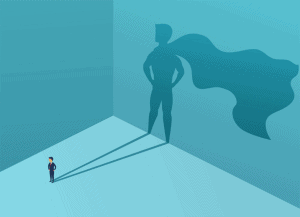
What is one thing you wish you knew before starting your career journey?
My grandfather (the same one that gave me the shoeshine advance) used to say, “I never learned a thing by talking.” It’s such a great truism that I honestly don’t reflect on nearly enough.
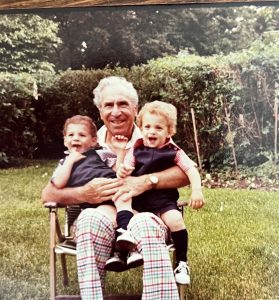
What book are you reading right now?
I read a lot of nonfiction for my academic work so it’s always nice to pick up a novel. I’m a sucker for a good spy story. I just started reading Daniel Silva’s Portrait of An Unknown Woman. I’m only 40 pages in, but so-far, so-good.

What is one piece of advice you have for our readers?
I’ll plagiarize the advice of my friend and entrepreneurship advocate, Sam Zell, who said that the eleventh commandment is: “Thou shall not take thyself too seriously.” I try my best to embody this sage wisdom from a total legend.